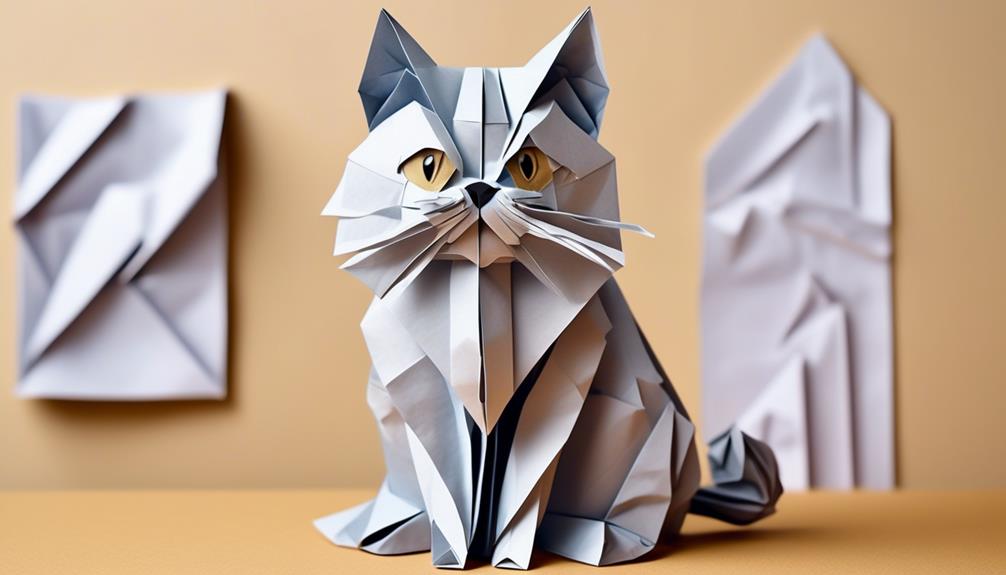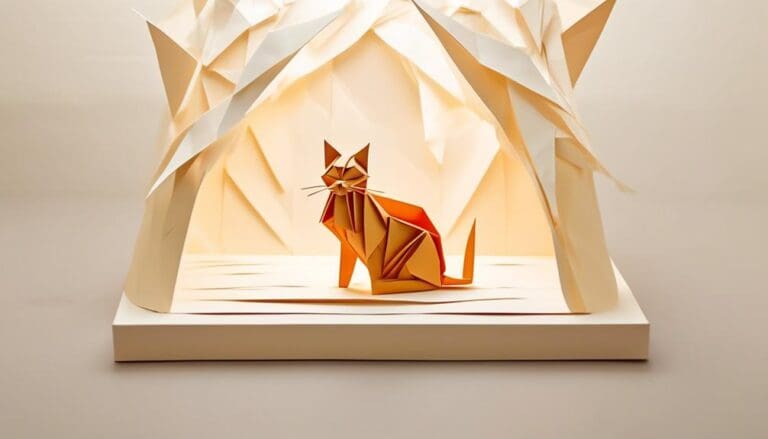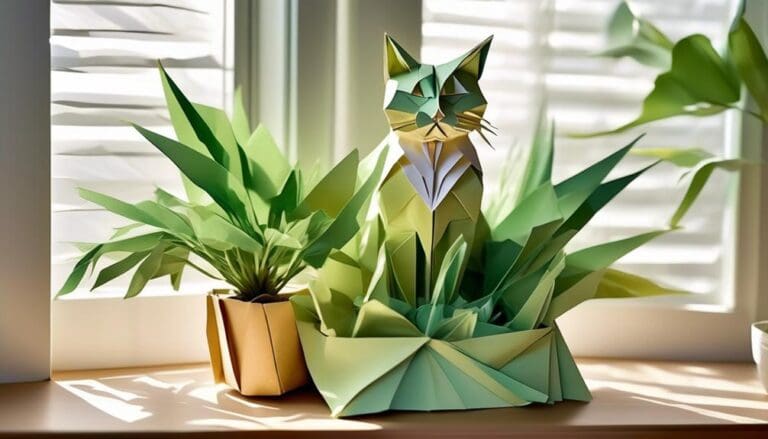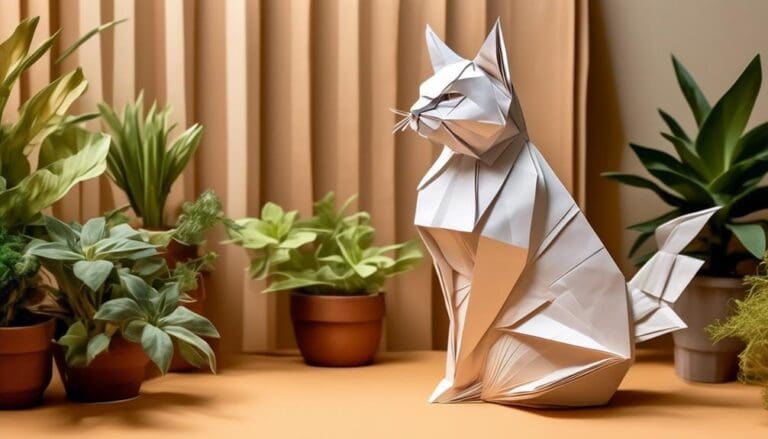You might think that vision loss is an inevitable part of your elderly cat’s aging process, but there are steps you can take to help maintain their eye health.
It’s important to remember that your cat relies on you to spot the signs that something isn’t quite right. Regular vet check-ups are crucial, but you also need to be vigilant at home, keeping an eye out for any behavioral changes or physical signs of vision impairment.
Watch for signs of your cat struggling to navigate or having unclear eyes, which could indicate a need for adjustments or treatments. Understanding these signs is crucial for helping your cat.
Stick with me, and I’ll guide you through the essential tips to ensure your cat gets the care they need to keep their eyesight as sharp as possible for as long as possible.
Key Takeaways
- Regular check-ups are important for early detection of vision changes and other health issues in elderly cats.
- Recognizing early symptoms such as changes in behavior and physical appearance can help identify potential vision problems.
- Adapting the home environment by providing easily accessible resting places, litter boxes, and adequate lighting can improve the daily life of a cat with vision changes.
- Providing enrichment through interactive play, puzzle toys, and vertical spaces can stimulate the remaining senses of an elderly cat with vision impairments.
Schedule Consistent Examinations
To protect your older cat’s eyesight, it’s important to have annual vet check-ups to spot any changes in vision early. If you own an elderly cat, showing your commitment to their health includes these regular visits. Your vet might suggest check-ups every six months to keep an eye on vision problems or other age-related health concerns.
During these check-ups, a thorough physical examination will be conducted. Your vet will look for any signs that your cat is blind, such as retinal detachment or high blood pressure, which can both lead to serious eye conditions. Blood tests may also be part of the process, offering crucial insight into their overall health.
The bond you share with your cat is strengthened by your attentive care. You’re not just looking out for their eyesight; you’re ensuring their quality of life. So, remember to address any concerns with your vet, cherish each day with your beloved pet, and honor their trust by being vigilant about their health.
Your elderly cat depends on you, and you’re making all the difference.
Recognize Early Symptoms
Keep a loving eye on your elderly cat’s behavior and physical appearance, as early signs of vision trouble can often be subtle yet significant. Recognizing early symptoms can make a world of difference for your cat. Senior cats, like humans, may develop vision issues that are common in older cats, and your vigilance is crucial.
Be mindful of any changes in the way your cat interacts with their environment. If your cat becomes blind or suffers from conditions such as retinal detachment, you might notice them bumping into furniture or having trouble locating their food bowl. Thyroid gland issues and Kidney Disease can also affect cat blood and eye health, potentially leading to vision problems.
To help you keep track, here’s a table outlining what to look for during your vision check-ups:
| Early Symptom | Possible Condition |
|---|---|
| Cloudiness or discharge | Cataracts or feline herpesvirus |
| Bumping into objects | Retinal detachment or blindness |
| Dilated pupils | Retinal atrophy |
| Hesitation in the dark | Loss of vision depth |
Adapt Home for Visibility
As your cat ages, adapting your home to enhance visibility can significantly ease their daily life, ensuring they feel safe and comfortable despite any vision changes. When cats age, particularly as they reach the senior and geriatric stages beyond eight years, their ability to explore familiar spaces can decline.
It’s particularly important to avoid startling your cat and to adapt your home for visibility to help them move around with confidence.
Start by ensuring warm and draft-free resting places are easily accessible. Senior and geriatric cats appreciate the comfort and security of knowing their favorite spots are within reach.
Consider installing litter boxes on every floor of your home to accommodate your cat inside if mobility is a concern. Opt for low-sided options to make entering and exiting as effortless as possible.
Frequently Asked Questions
How Can I Help My Cat With Vision Problems?
You’re the lighthouse guiding your visually impaired cat. Ensure they’re comfy, stick to routines, and gently assist with grooming. Keep their environment stable, and seek a vet’s guidance for their cloudy journey.
How Do You Check a Senior Cat’s Health?
You’ll want to gently inspect your senior cat for any health changes. Feel for lumps, look for behavioral shifts, and ensure they’re eating well. Love and vigilance go hand in hand with their care.
What Is Geriatric Screening for Cats?
Geriatric screening for cats is a way you ensure your cat’s health as they age. It includes exams and tests to catch issues early, keeping your cat comfortable and happy.
What Are Elderly Cats Special Considerations?
Elderly cats are like seasoned sailors navigating twilight waters; you must ensure they’re warmly nested, well-nourished, and mentally stimulated to keep their twilight years smooth and full of gentle, loving care.




